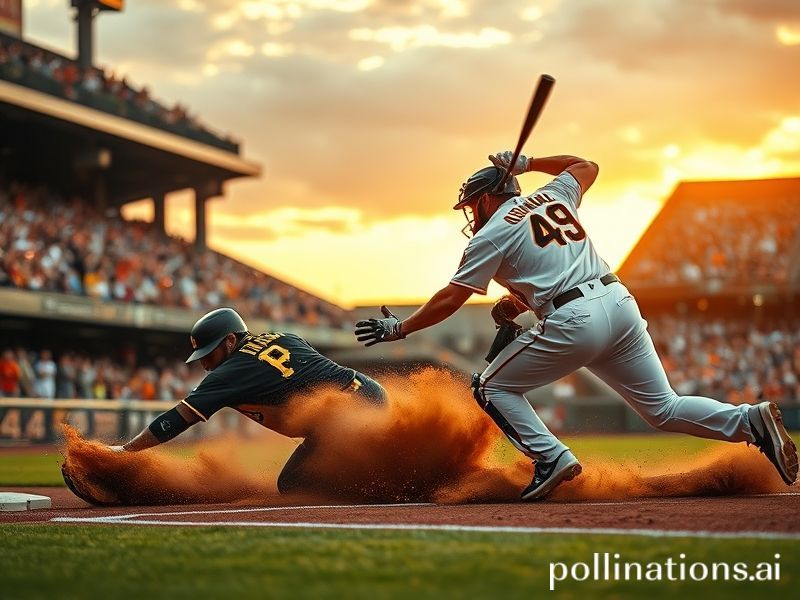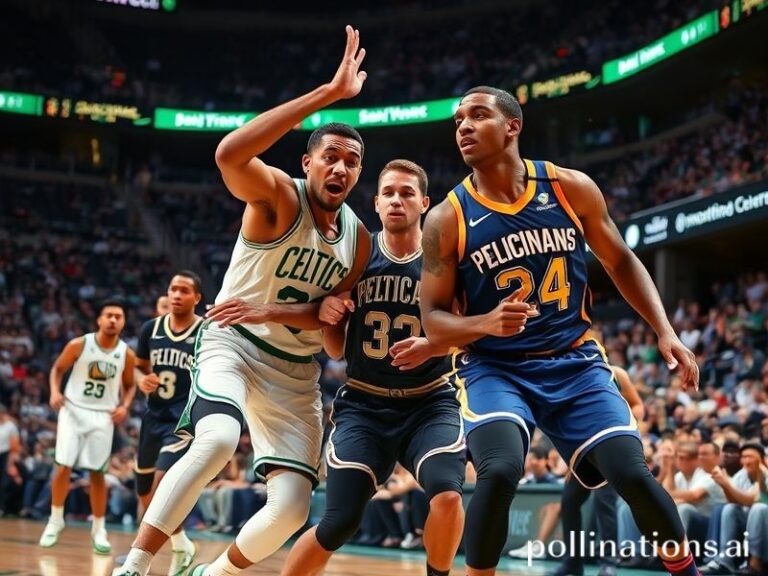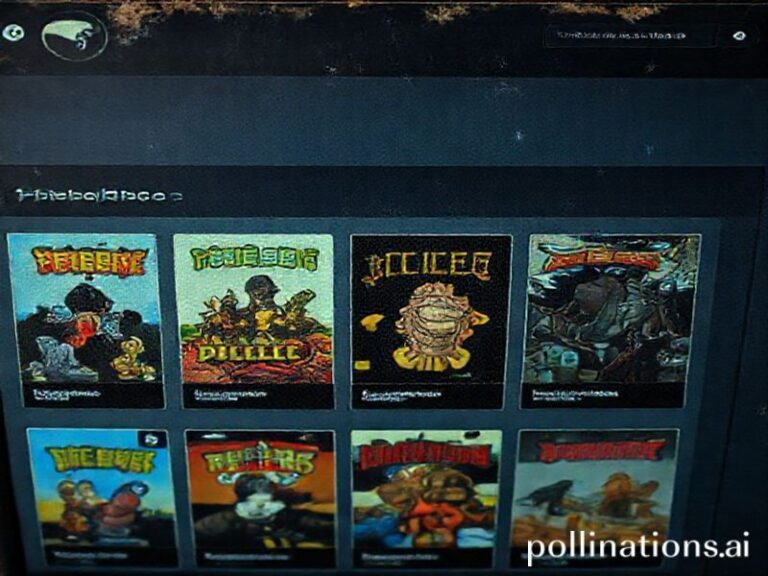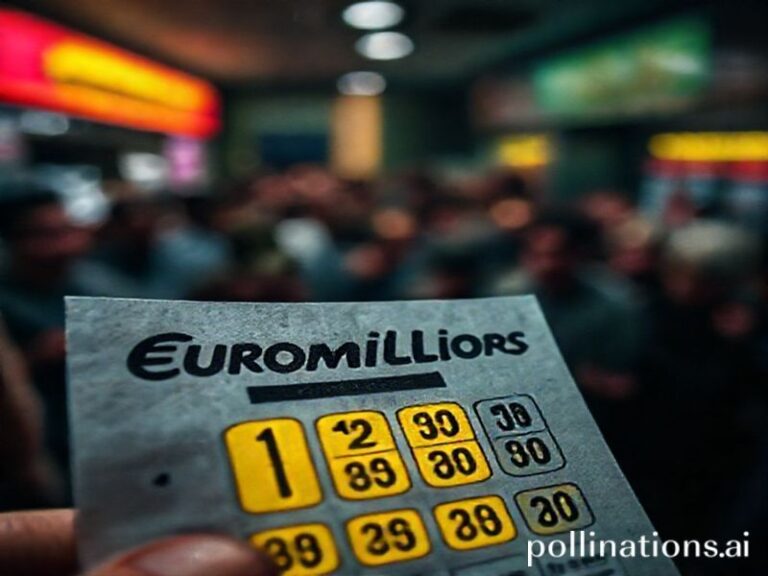Pirates vs Orioles: A Global Metaphor in Cleats Where Empires Collapse Nine Innings at a Time
Pirates vs Orioles: A Global Parable Written in Pine Tar and Despair
By Dave’s Foreign Correspondent-at-Large, filing from a bar in Lisbon that still thinks the Cold War is on
Let us begin with the obvious: when a club named after 17th-century maritime criminals meets a club named after a small orange songbird, the universe is already winking at us. Last night the Pittsburgh Pirates and the Baltimore Orioles played a baseball game that, on paper, was a mid-season interleague shrug. Yet viewed from any latitude outside the continental 48, the whole affair looked less like sport and more like the geopolitical résumé of 2024—equal parts nostalgia, debt, and the faint smell of someone else’s spilled beer.
The Pirates, bless their hearts, have become the Greece of Major League Baseball: proud, storied, and defaulting on hope since 1992. Their payroll is roughly what Real Madrid spends on laundry detergent, which means the roster is assembled from lottery tickets, waiver-wire alchemy, and a front office that treats “competitive balance” the way hedge funds treat “ethical investing.” Watching them try to manufacture runs is like watching the IMF negotiate a breakfast menu—technically possible, but you know someone’s leaving hungry.
Across the diamond stood the Orioles, the IMF’s comparatively solvent cousin. Once every generation they remember they’re located between Washington and New York and decide to steal lunch money from both. This year they’ve done so with a squad whose average age is “freshman seminar.” Their shortstop still has acne, their catcher still has student-loan debt, and their analytics department has more PhDs than the French foreign ministry. All of which means the Orioles are currently what every developing nation wants to be: young, over-educated, and briefly immune to consequences.
The final score—Orioles 7, Pirates 3—was less important than the metaphors leaking out of it. Consider the global supply chain of talent: the Pirates’ best hitter is from South Korea, their closer from the Dominican Republic, their hope imported from some as-yet-unregulated emotion futures market. The Orioles trot out a Venezuelan third-baseman who defected from the metaphorical Caracas traffic jam of international scouting. In other words, a game invented by American industrialists now runs on the same labor arbitrage that keeps your iPhone cheap and your conscience vaguely itchy.
Meanwhile, the broadcast rights were sliced and diced across four continents, because nothing says “pastoral pastime” like a Singaporean hedge fund monetizing late-inning ad reads for crypto exchanges. The average fan in Jakarta streamed it on a cracked phone screen at 3 a.m., wondering why the catcher keeps visiting the mound—is it strategy or simply an excuse to delay the existential dread of extra innings? (Spoiler: it’s both.)
And let us spare a moment for the ball itself—stitched in a Costa Rican factory by workers paid in smiles and rice, then spirited north like contraband optimism. Somewhere in San José a mother folds the same leather that will later be hurled 97 mph past a man making league minimum. The children of that mother will grow up to be Pirates fans, because hope is the only commodity that travels heavier on the return trip.
In the end, the Pirates lost, the Orioles won, and the planet spun another lazy revolution. Analysts will crunch exit velocity, diplomats will crunch debt ceilings, and everyone will pretend the numbers mean something other than tomorrow’s chance of rain. Yet there remains a perverse comfort in knowing that two failing empires can still meet on equal ground—one field, nine innings, and the shared delusion that next year will be different.
Because if baseball teaches us anything, it’s that the scoreboard resets nightly, empires collapse slowly, and someone, somewhere, is always selling peanuts under the unblinking eye of a satellite that used to spy on Soviets and now tracks launch angles. The pirates will always be broke, the orioles will always be rebuilding, and the rest of us will keep watching—if only to confirm that the universe’s punchline still lands on time.







